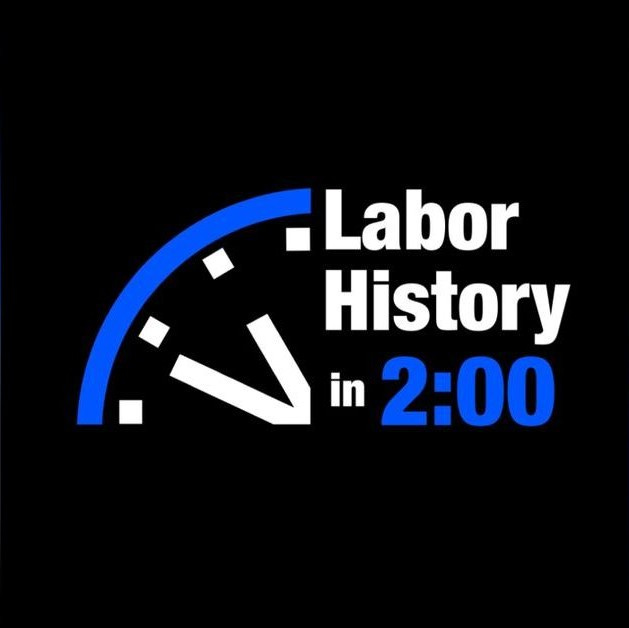Frederick Douglass and the Meaning of Independence
Fighting for Justice at Work and Beyond
On this day in Labor History the wa
s July 5, 1852, Frederick Douglass, the renowned abolitionist and former slave, delivered one of the most searing indictments of American hypocrisy at Corinthian Hall in Rochester, New York. Invited to speak on the nation’s independence, Douglass confronted his audience with a question that still echoes today: “What, t…




